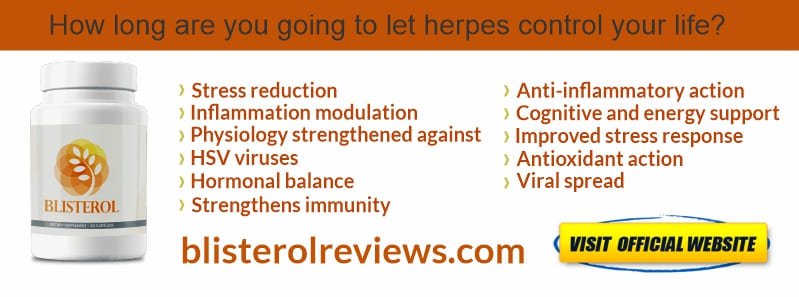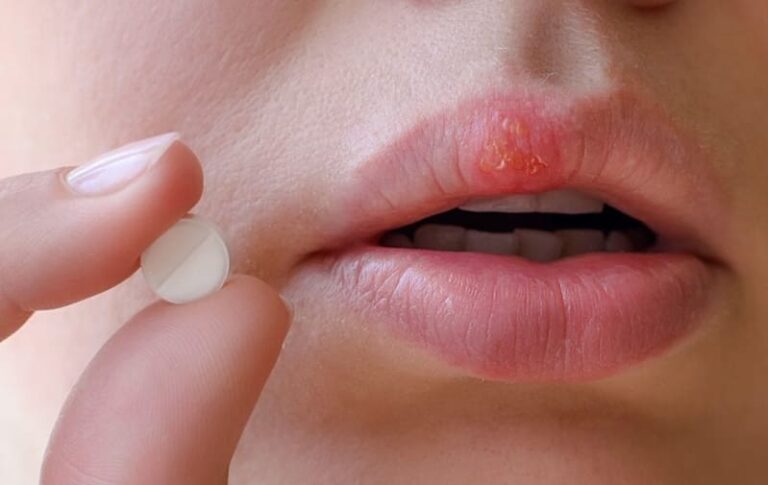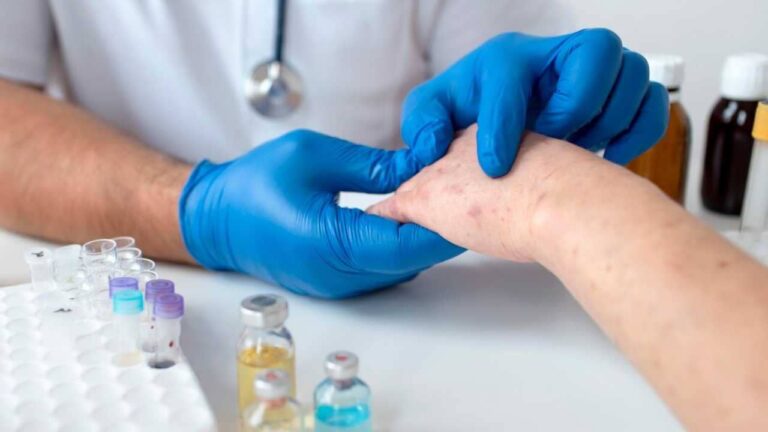When is herpes most contagious?
There are two main types of herpes: herpes simplex type 1 (HSV-1) and herpes simplex type 2 (HSV-2). While both types can be transmitted at any stage of infection, there are times when the virus is more contagious.
Herpes is most contagious during active outbreaks when lesions are present. During this period, the virus is present in higher quantities in the blisters or open sores. Direct contact with these infected areas significantly increases the risk of transmission. Additionally, the virus can also be transmitted even in the absence of visible symptoms. It’s important to note that herpes can be transmitted through kissing, sharing food utensils, cups, and other objects that come into contact with the lesions.
Viral Shedding
Viral shedding is the process by which the herpes virus is released from lesions and can infect other people. Even when there are no visible symptoms, the virus can be present on the skin or mucous membranes, and it is during this period that viral shedding occurs. Asymptomatic viral shedding can occur in both individuals who have never had an outbreak and those who are experiencing a latent outbreak.
Studies show that viral shedding is most common during the first months after the initial infection and during recurrent outbreaks. During active outbreaks, the rate of viral shedding is higher, thus increasing the risk of transmission. However, even when there are no visible symptoms, the virus can still be transmitted, although the transmission rate is lower.
When Herpes is Not Contagious?
There are times when herpes is not contagious or the transmission rate is very low. These periods include when there are no visible lesions and when the virus is in a latent, inactive state. During these periods, the risk of transmission is minimal but cannot be completely ruled out.
Herpes and Diet
While there is no specific diet to treat herpes, certain foods can help strengthen the immune system and reduce the frequency of outbreaks.
Lysine: Lysine is an amino acid that can help reduce the replication of the herpes virus. Foods rich in lysine include lean meats, fish, dairy products, legumes, and vegetables.
Foods rich in vitamin C: Vitamin C has antioxidant properties and can help strengthen the immune system. Citrus fruits such as oranges, kiwis, and acerolas, as well as leafy green vegetables, peppers, and strawberries, are good sources of vitamin C.
Natural Supplements: Dietary supplements for herpes contain many important nutrients for strengthening the immune system, in addition to being convenient and quick to consume.
Avoid arginine-rich foods: Arginine is an amino acid that can promote the replication of the herpes virus. Foods such as chocolate, nuts, seeds, and gelatin are rich in arginine and should be consumed in moderation.
It is important to remember that each person may react differently to each diet.
Summary
Herpes is most contagious during active outbreaks when lesions are present. However, the virus can be transmitted even in the absence of visible symptoms. Additionally, maintaining a healthy immune system and adopting a balanced diet can help reduce the frequency of outbreaks.
Consulting a healthcare professional is essential to obtain an accurate diagnosis and personalized guidance in dealing with herpes.




